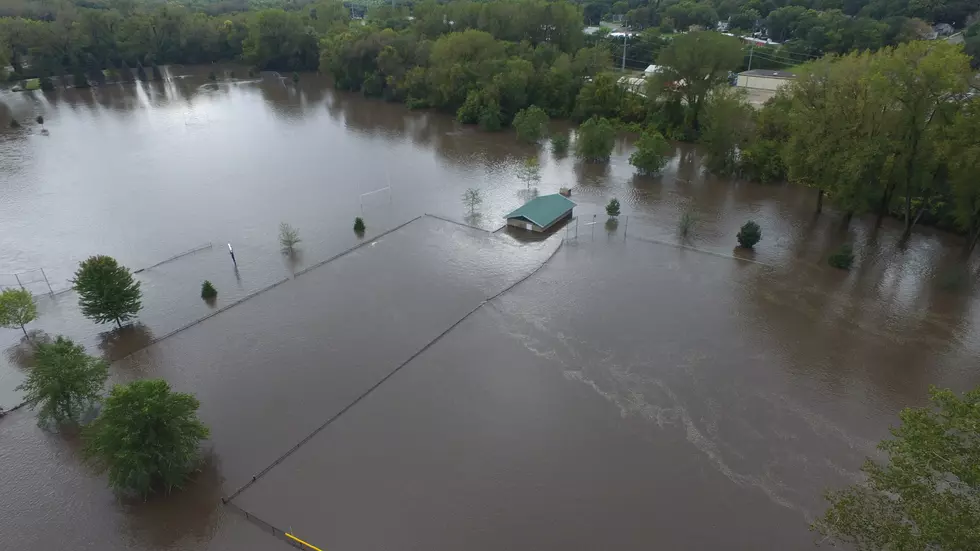
National Weather Service Says Area Could Experience Spring Flooding
The National Weather Service Chanhassen Office says there is an "elevated threat" of spring flooding this year throughout the upper midwest. Faribault Emergency Management Director Dustin Dienst doesn't believe at this point Faribault is in the same situation.
The National Weather Service Early Spring Flood Outlook says, "current conditions suggest spring flooding will be more likely than in a typical year, throughout the upper midwest. Major contributing factors to flood potential will be determined over the winter months."
The National Weather Service points out, "the soil and rivers are primed for high runoff."
You might recall last spring "we had a nearly ideal melt." "Mild days with cold nights for recovery, and a three-week period of no rain/snow in March."
In their early spring flood outlook the National Weather Service says, "Even a normal melt season would result in significant spring flooding this time around."
Some of the factors they site are the fact all of the upper Midwest soils are wet. "Mostly 150 to 200 percent of normal."
"Going into seasonal freeze-up, river levels throughout the upper Midwest remained very high, with many showing record levels for early winter."
Of course the unknown factor is the snowpack. "A low snowpack would help reduce the flood threat, but a normal or high snowpack would increase the risk of major spring flooding."
Precipitation outlooks continue to favor near or above normal precipitation for the winter months. "The indicators are fairly weak in the global pattern this winter (no strong El Nino or La Nina), so confidence is not particularly high this year."
"Temperatures will be fairly mild into early February, then potentially below normal the rest of the month."
In their outlook the NWS points out people should, "Keep in mind, even a normal amount of precipitation this winter season would bring an elevated risk for flooding this upcoming spring."
"The National Weather Service urges those who would be affected by flooding to prepare now and stay tuned to updates as we move through the winter into early spring."
The next update is scheduled for February 13, 2020 followed by February 27, 2020 and March 12, 2020.

More From KQCL Power 96










